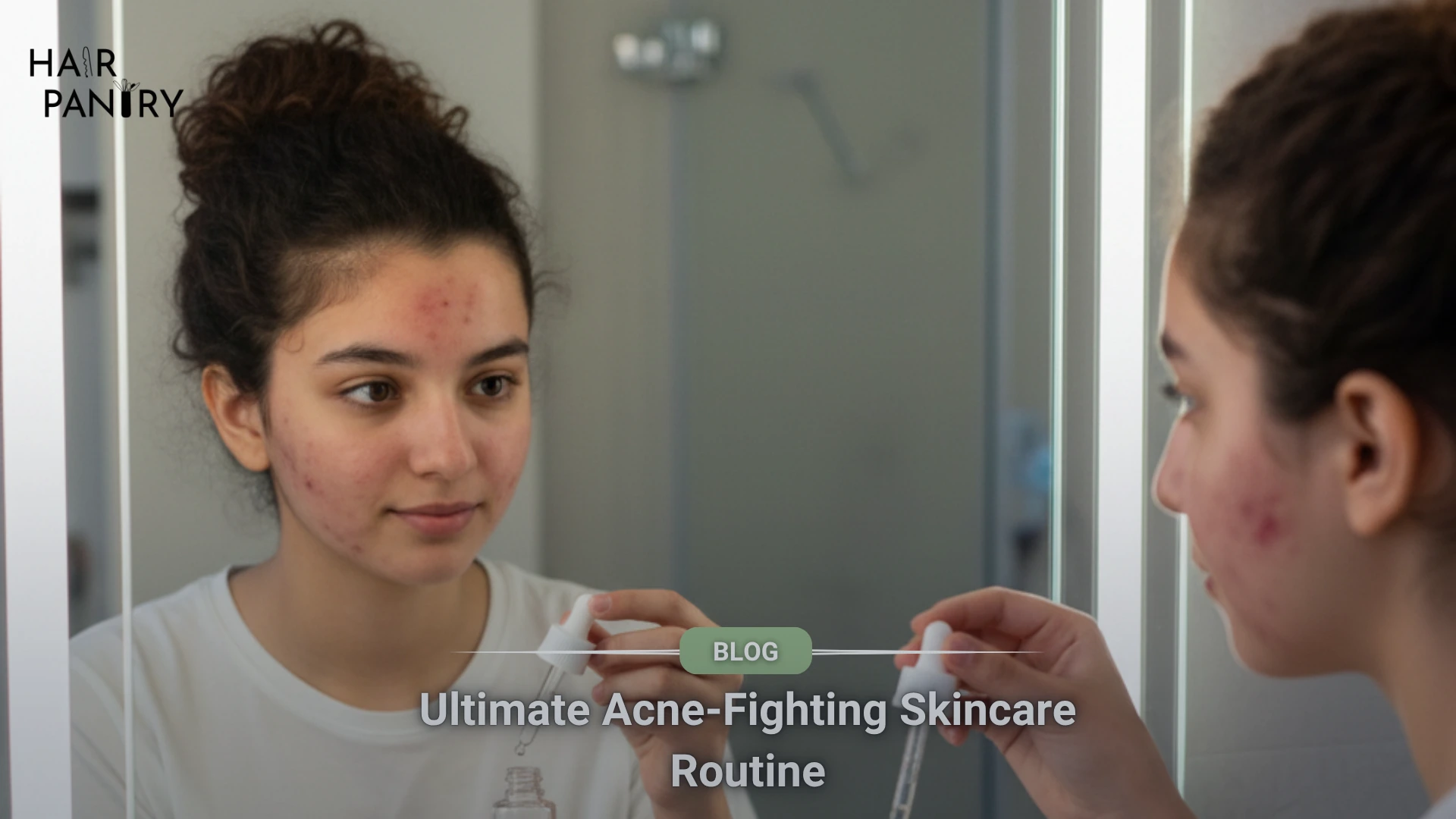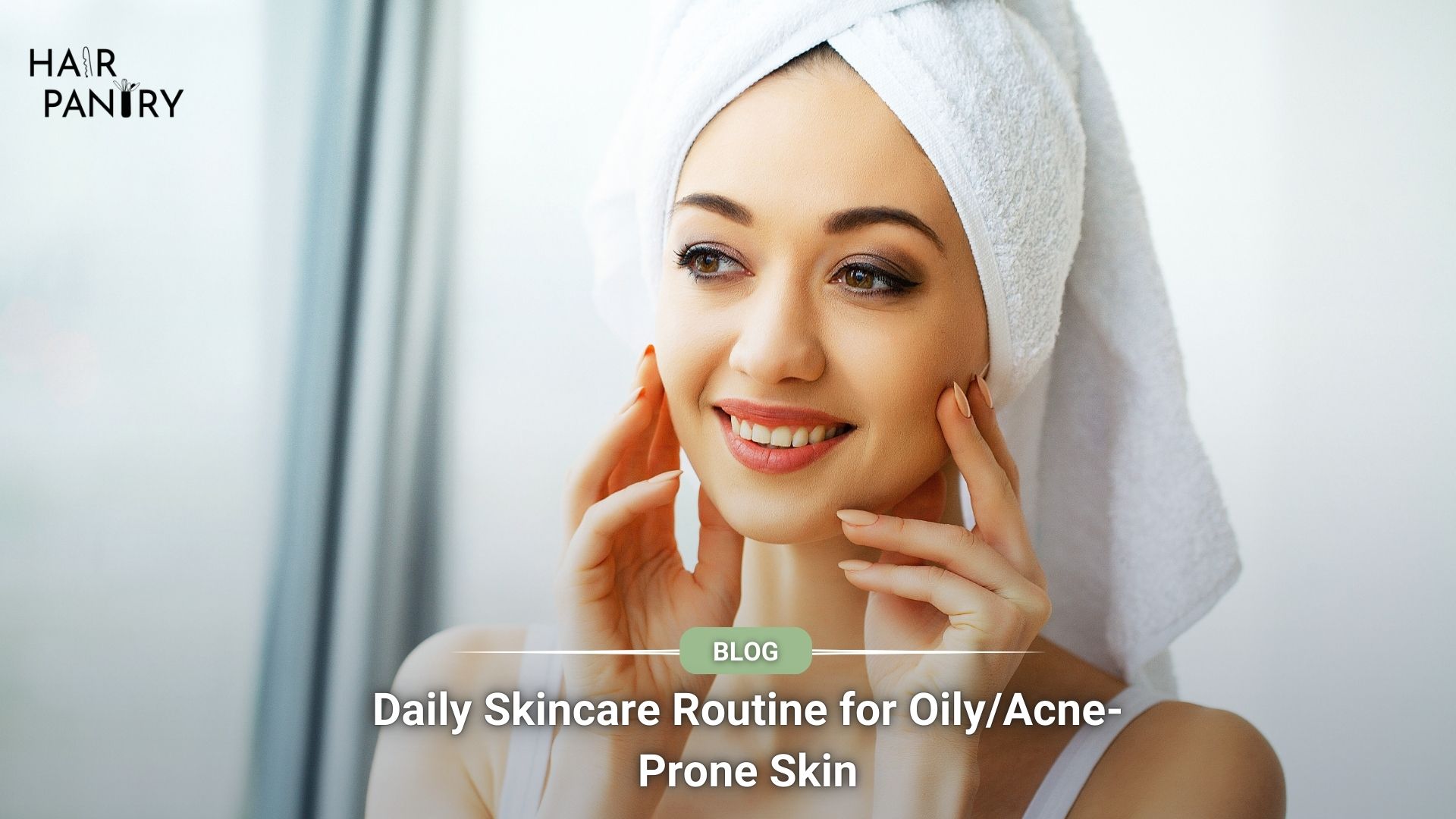

Oily, acne-prone skin needs gentle care to stop breakouts and shine. In Pakistan’s hot, humid climate, skin can get extra oily. Coastal cities like Karachi are very humid, and even dry inland areas experience strong sun and dust. To manage this, cleanse and protect your skin every day. A good routine can keep pores clear and skin calm.
After cleansing, you can apply an alcohol-free toner on a cotton pad. Toners with ingredients like niacinamide or witch hazel help balance excess oil.
Applying a targeted serum at night can help clear acne. For example, Acne Buster Serum (with salicylic acid and niacinamide) gently unclogs pores and soothes skin.
Following these steps every day can help control oil and reduce pimples. Oily skin still needs gentle care: don’t scrub too hard or skip moisturizer, or skin may react by making more oil. With consistent routine and healthy habits, you can keep breakouts at bay. If acne remains severe, consider seeing a dermatologist for tailored treatment.